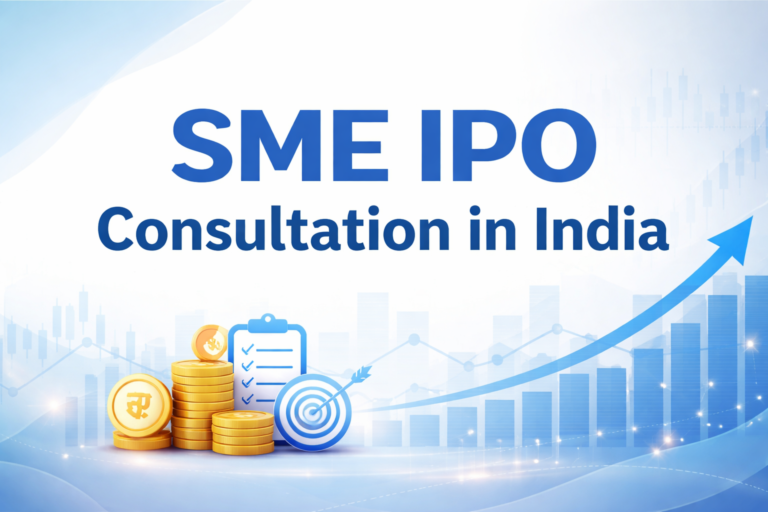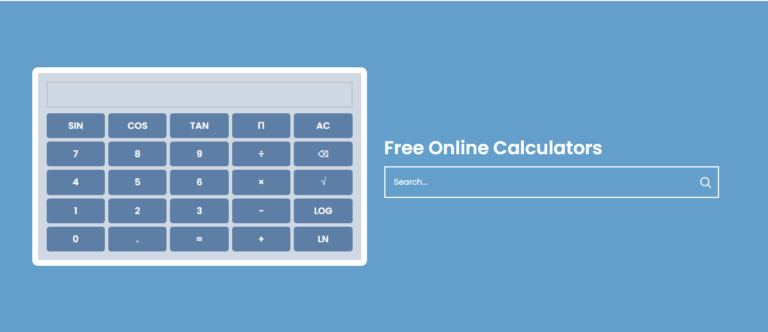The Internet of Things (IoT) is revolutionizing the way businesses operate. With the ability to connect devices, gather data, and automate processes, IoT technology is creating new opportunities for efficiency, innovation, and growth. If you are looking to leverage this transformative technology, it’s crucial to hire IoT developers who play a vital role in designing and implementing IoT solutions tailored to meet specific business needs. In this blog, we’ll explore the role of IoT developers in transforming businesses and how their expertise can drive digital transformation.
Understanding IoT and Its Impact on Business
Before diving into the role of IoT developers, it’s essential to understand what IoT is and how it affects businesses. IoT refers to the interconnected network of devices that can communicate and share data with each other. These devices range from everyday household items like smart thermostats to complex industrial machinery.
Benefits of IoT for Businesses
- Enhanced Efficiency: IoT devices collect real-time data, allowing businesses to monitor operations and make data-driven decisions. This leads to improved efficiency and productivity.
- Cost Savings: By automating processes and optimizing resource usage, IoT can significantly reduce operational costs.
- Improved Customer Experience: Businesses can leverage IoT to personalize services and improve customer engagement, leading to higher satisfaction rates.
- Innovation: IoT encourages businesses to innovate by developing new products and services that meet the evolving needs of customers.
- Better Data Insights: With the data collected from IoT devices, businesses can gain valuable insights into customer behavior, operational efficiency, and market trends.
The Role of IoT Developers
IoT developers are responsible for creating and implementing IoT solutions that meet the unique requirements of a business. Their role encompasses several critical functions:
1. Designing IoT Solutions
IoT developers work closely with stakeholders to understand business needs and design solutions that integrate seamlessly with existing systems. This involves selecting the right sensors, devices, and platforms to create a cohesive IoT ecosystem.
2. Developing Software and Applications
IoT solutions often require custom software to manage and analyze the data collected from devices. Developers create applications that provide user-friendly interfaces, enabling businesses to interact with their IoT systems effectively. They may also develop algorithms to process and analyze data in real time.
3. Ensuring Device Connectivity
A key aspect of IoT development is ensuring that devices can communicate effectively. Developers work on protocols and APIs that facilitate device connectivity, allowing for smooth data transfer between devices and cloud platforms.
4. Implementing Security Measures
With the rise of IoT, security concerns have become paramount. IoT developers must implement robust security measures to protect data and devices from unauthorized access and cyber threats. This includes encryption, authentication, and regular software updates to address vulnerabilities.
5. Testing and Quality Assurance
Before deploying an IoT solution, developers conduct rigorous testing to ensure everything functions as intended. This includes testing hardware and software components for performance, reliability, and security.
6. Providing Ongoing Support and Maintenance
After deployment, IoT developers continue to support businesses by monitoring the system, troubleshooting issues, and providing updates as needed. This ongoing support is crucial for maintaining the efficiency and effectiveness of IoT solutions.
Transforming Your Business with IoT Development
To illustrate the impact of IoT developers on business transformation, consider the following examples:
Smart Manufacturing
In manufacturing, IoT developers create systems that connect machinery, sensors, and analytics tools. These systems monitor equipment performance, predict maintenance needs, and optimize production processes. As a result, manufacturers can reduce downtime, improve quality control, and enhance operational efficiency.
Healthcare Solutions
In healthcare, IoT developers design remote patient monitoring systems that collect patient data through wearable devices. This data is analyzed to provide healthcare providers with real-time insights into patient health, enabling timely interventions and improving patient outcomes.
Smart Retail
Retailers leverage IoT solutions to enhance the customer shopping experience. IoT developers create systems that track inventory levels, analyze customer behavior, and provide personalized recommendations. This leads to improved customer satisfaction and increased sales.
Agriculture Technology
In agriculture, IoT developers implement smart farming solutions that monitor soil conditions, crop health, and weather patterns. This data helps farmers make informed decisions about irrigation, fertilization, and pest control, ultimately increasing crop yields and reducing waste.
Conclusion
The role of IoT developers is essential in transforming businesses across various industries. By designing and implementing innovative IoT solutions, they enable organizations to harness the power of connected devices, streamline operations, and enhance customer experiences. As the IoT landscape continues to evolve, businesses that invest in IoT development will be better positioned to adapt to changing market demands and drive growth in the digital age. Embracing IoT technology with the help of skilled developers can pave the way for a more efficient, data-driven, and innovative future.




